«This book is just the beginning and not a work that is already finished. It is a basis that is important, also for its pioneering character, but it is essential to understand that it is just a first step», emphasizes researcher Susana Calado Martins, regarding the Red Book – Red List of Algarvian Craft Activities, presented this Wednesday, June 22nd, which highlights 26 activities at risk (one of which has already disappeared).
The research project he was part of – together with Graça Palma and Vitória Horta – had as its first objective «to identify, register and catalog the traditional activities of the Algarve that participate in the Cultural and Intangible Heritage (PCI) of the region», he says.
Next, the step was to divide the 26 activities identified so that they could be included in the lists of “ICP of the Algarve disappeared”, “IPC of the Algarve in urgent need of safeguarding” and “IPC of the Algarve currently viable”, according to the criteria that are in practice by the UNESCO convention.
«The ultimate goal with all this is to contribute to prioritizing and pointing the way to the development of actions to safeguard these activities», emphasizes Susana Calado Martins.
In this list, 26 activities were then identified: one that had already disappeared (saddleboat), 14 in need of urgent safeguarding (such as a bog, mat, blacksmith or tinwork) and 11 that are currently viable (tile work, boilermaking, palm work, among others).
The book also lists the identified threat factors. Insufficient financial viability of the craft (27%), little interest from the market (18%) and constraints in the transfer of knowledge (16%) were the three factors most mentioned by artisans during the interviews.
Although 11 activities are still considered viable, Graça Palma, one of the researchers, warns that they could become part of another category.
«All the activities that are considered viable here have their weaknesses – namely the age of the people who practice them (average 64 years old). In other words, some of these activities that are considered viable today, in a few years from now may become part of the list in need of urgent safeguard», he stressed.
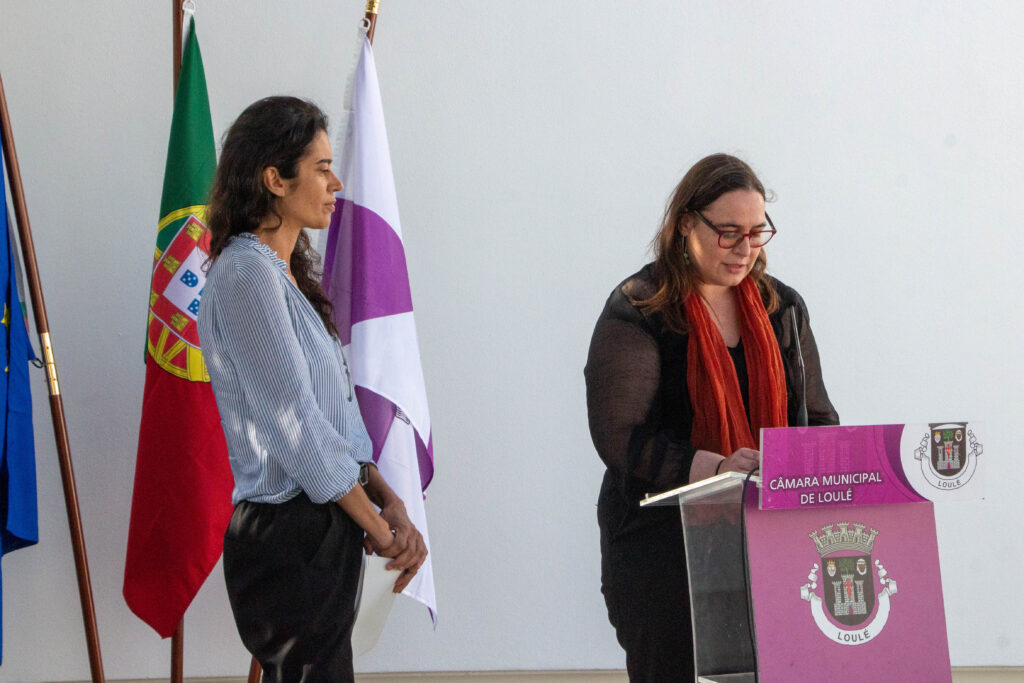
Adriana Nogueira, Regional Director of Culture in the Algarve, was also present at the book presentation and made a point of highlighting the importance of institutions now creating measures to not “let the activities die”.
«Today, some clues have already been given, such as recovering some support from the IEFP, from the CCDR itself, and then supporting people to compete, because it is not easy. Often, an artisan is not even aware that these initiatives exist. The idea is that these institutions, which have funding, bet on it", he told Sul Informação.
The Algarve Regional Director of Culture also believes that, if this book reaches the general population, it will raise awareness of these issues.
«Nowadays, we think of some objects in a less practical way, but they were created to be practical and continue to make sense. It is therefore important to sensitize the population to make more use of this type of objects, which we often do not use, also due to ignorance».
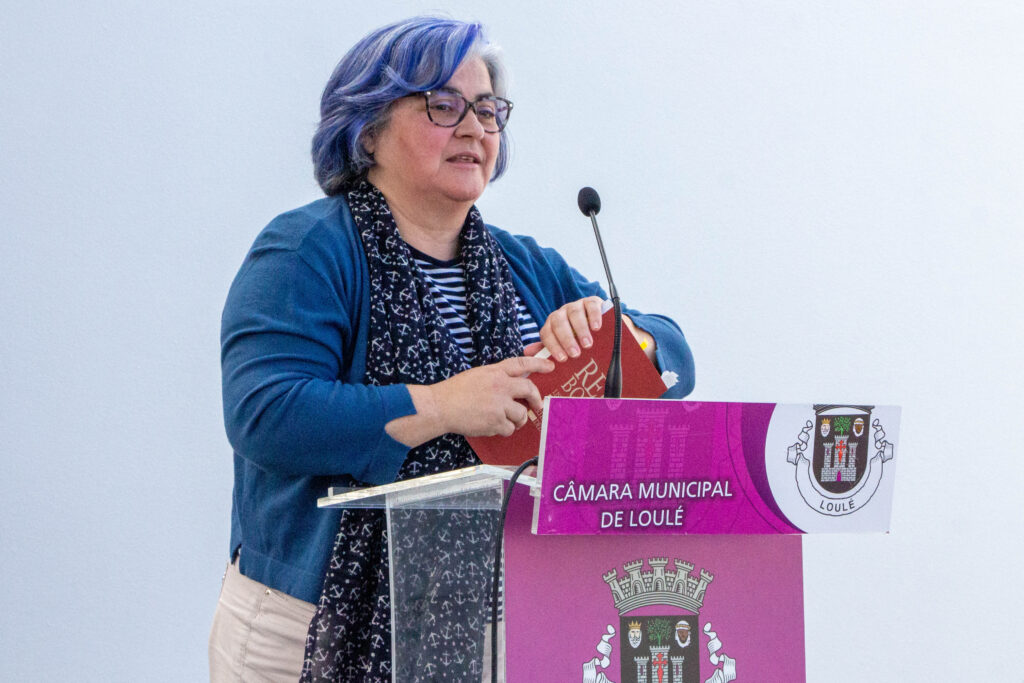
The presentation ceremony of Red Book – Red List of Algarvian Craft Activities took place at the Islamic Baths and Casa Senhorial dos Barretos, in Loulé, and was also attended by José Apolinário, president of the Algarve Regional Development and Coordination Commission (CCDR), Miguel Reimão Costa, architect and professor at the University of Algarve, Madalena Feu, regional delegate for the Algarve of the Institute for Employment and Vocational Training (IEFP), Rita Jerónimo, sub-director general for Cultural Heritage, and Vítor Aleixo, mayor of Loulé.
The mayor of Loulé took the opportunity to highlight the negative impact that the rapid development of society has had on traditions, stressing the importance of «protecting what is human wealth» and its diversity that «as in nature, is being erased of our memory", he says.
«Man, unintentionally, embarking on this concept of development, is becoming increasingly poor in his diversity. And, therefore, these initiatives are very welcome», he stressed, highlighting the work that is already being carried out in Loulé in this sense.
The research that gave rise to this publication is part of the Magallanes_ICC project, of which CCDR Algarve is a partner, and which consists of a network of cross-border cooperation in the context of the development and promotion of cultural and creative industries.
The execution of this project follows the line of work already started by CCDR Algarve in 2010 with the TASA Project, which has been promoted by Proactivetour since 2013. The project is co-financed by FEDER under the Interreg VA España-Portugal (POCTEP) 2014 2020
Photos: Mariana Carriço | Sul Informação
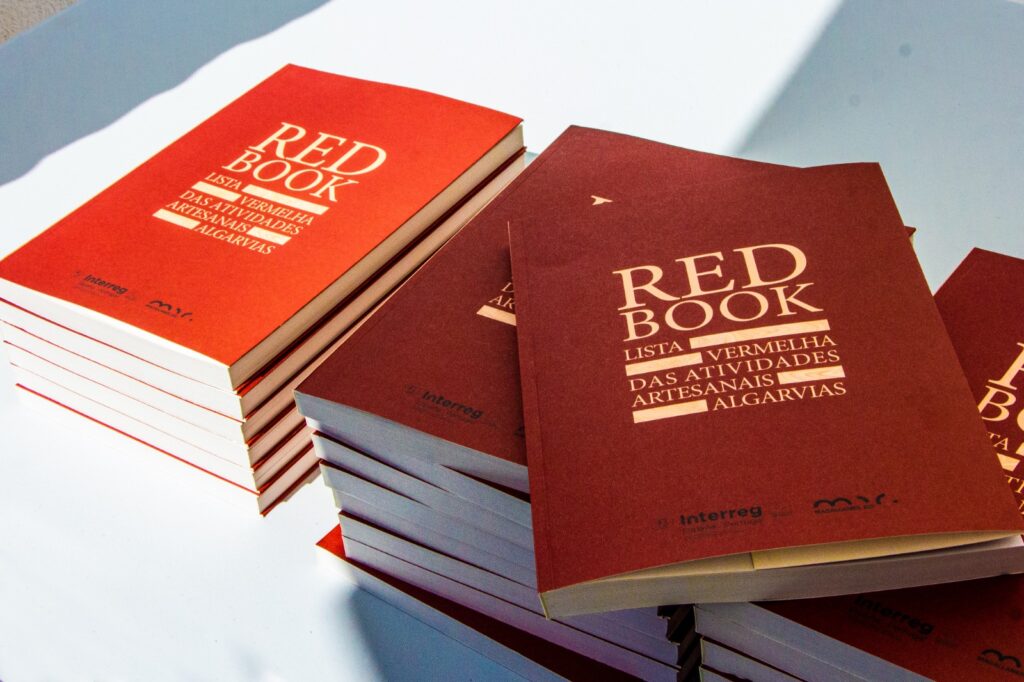
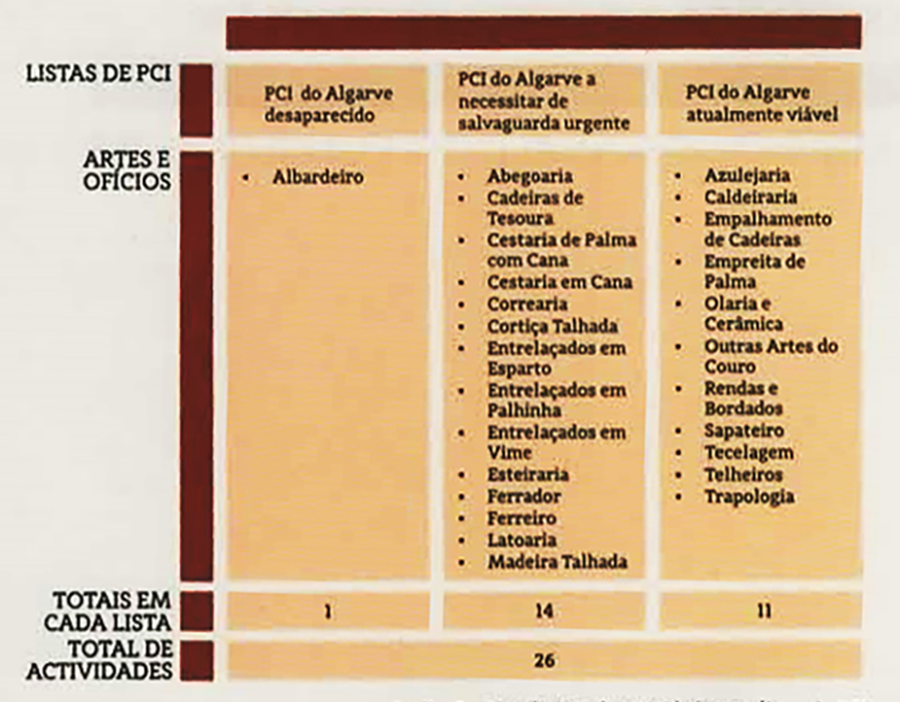
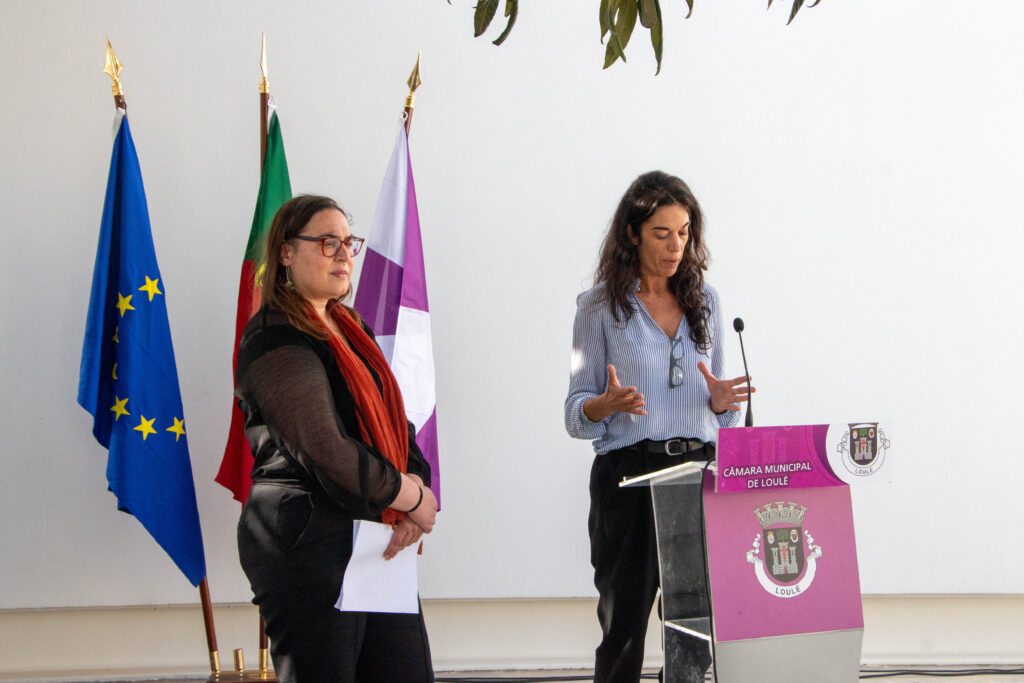
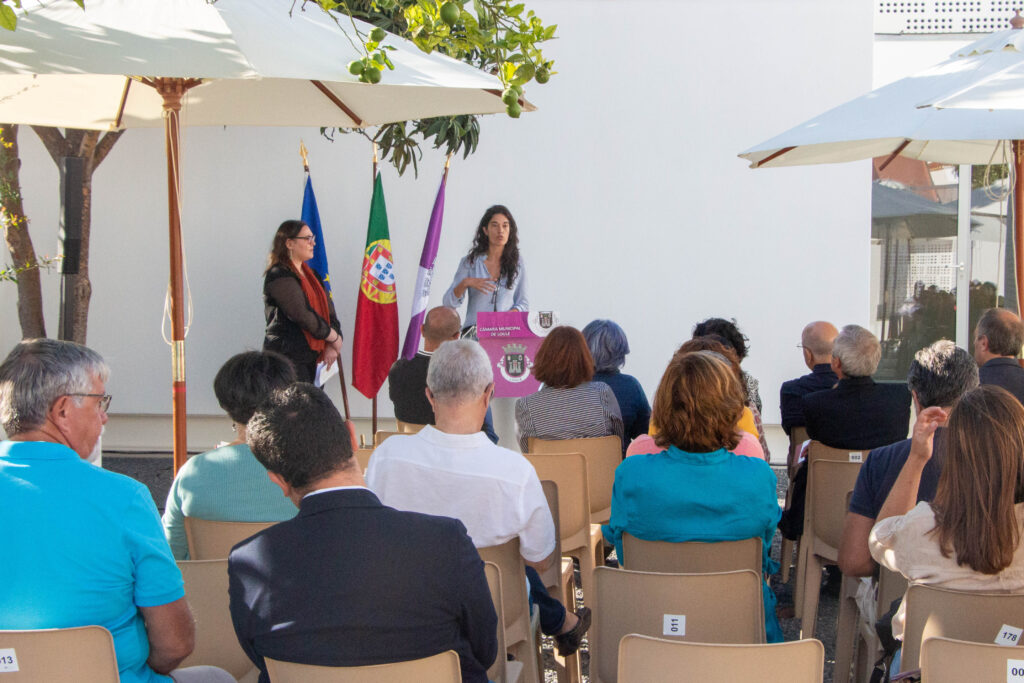
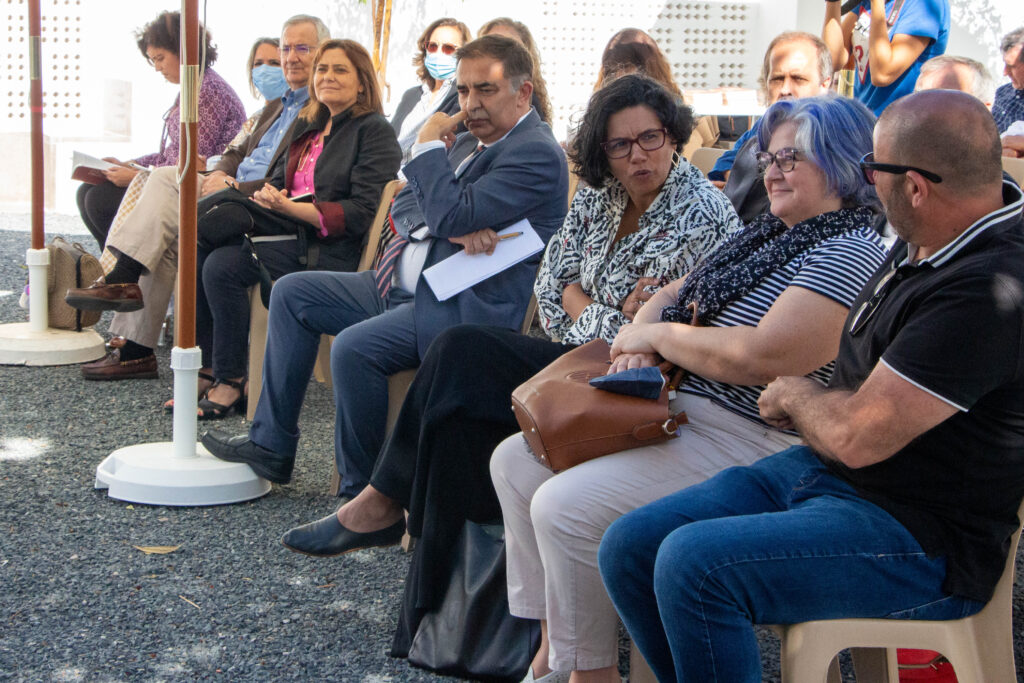
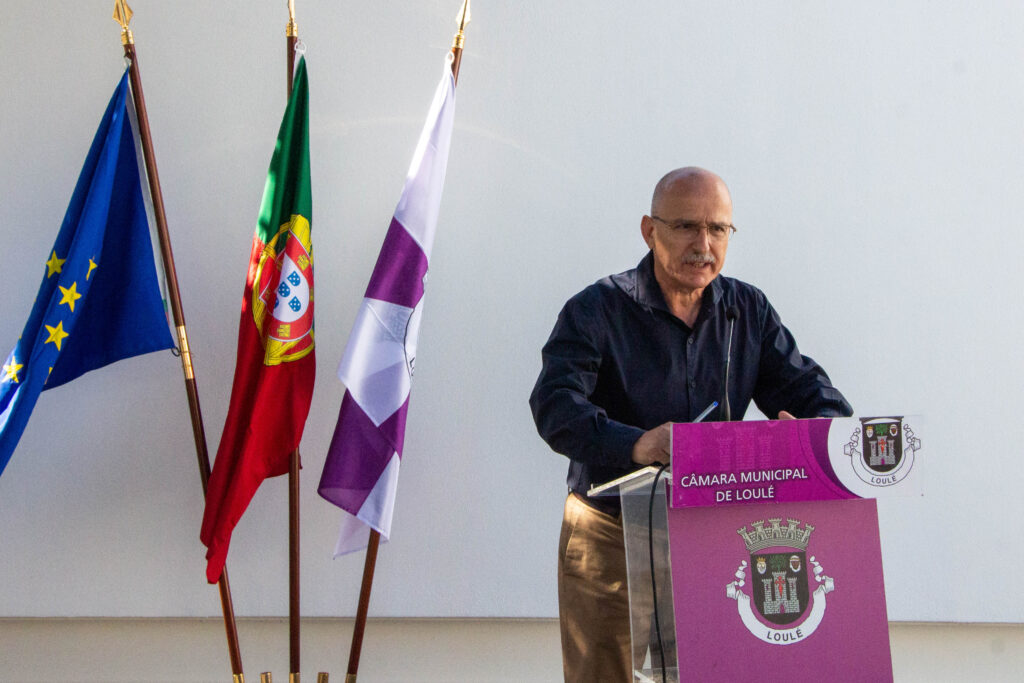
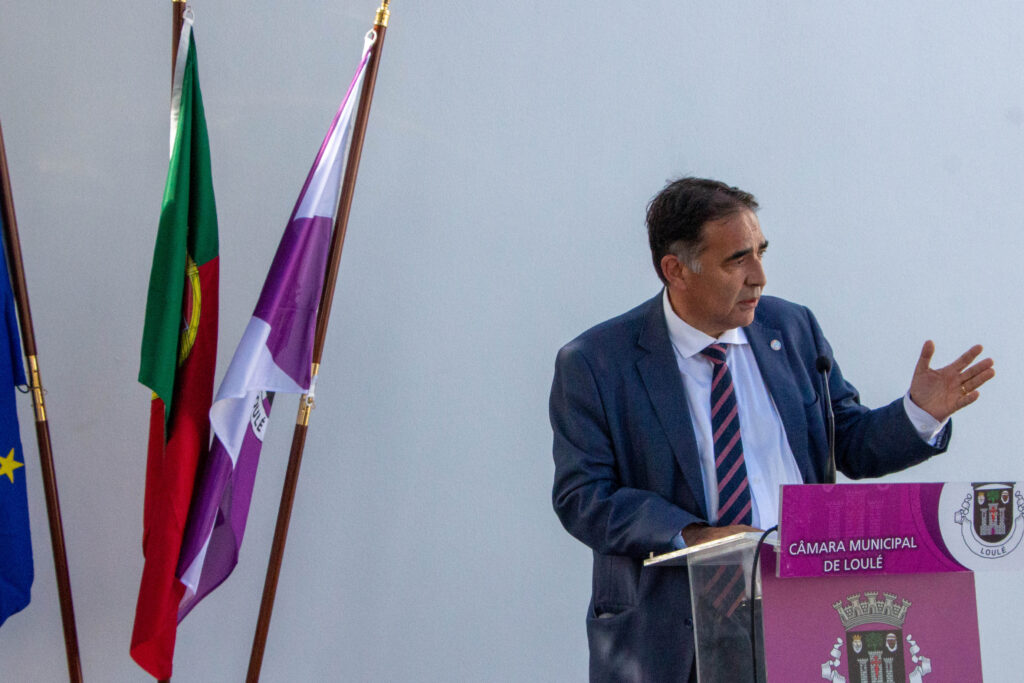
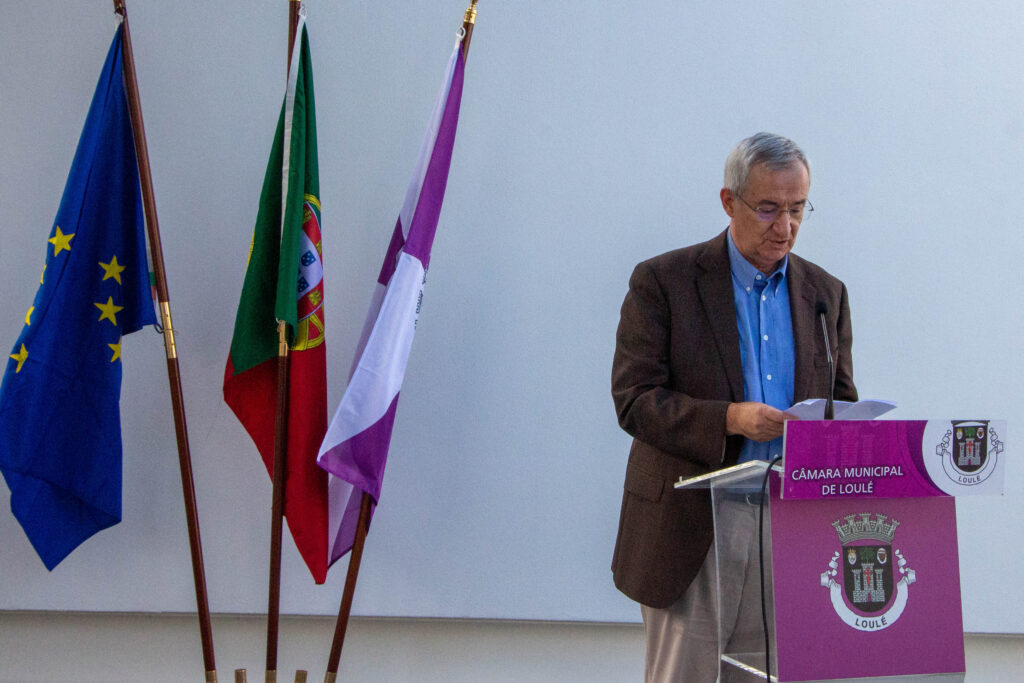
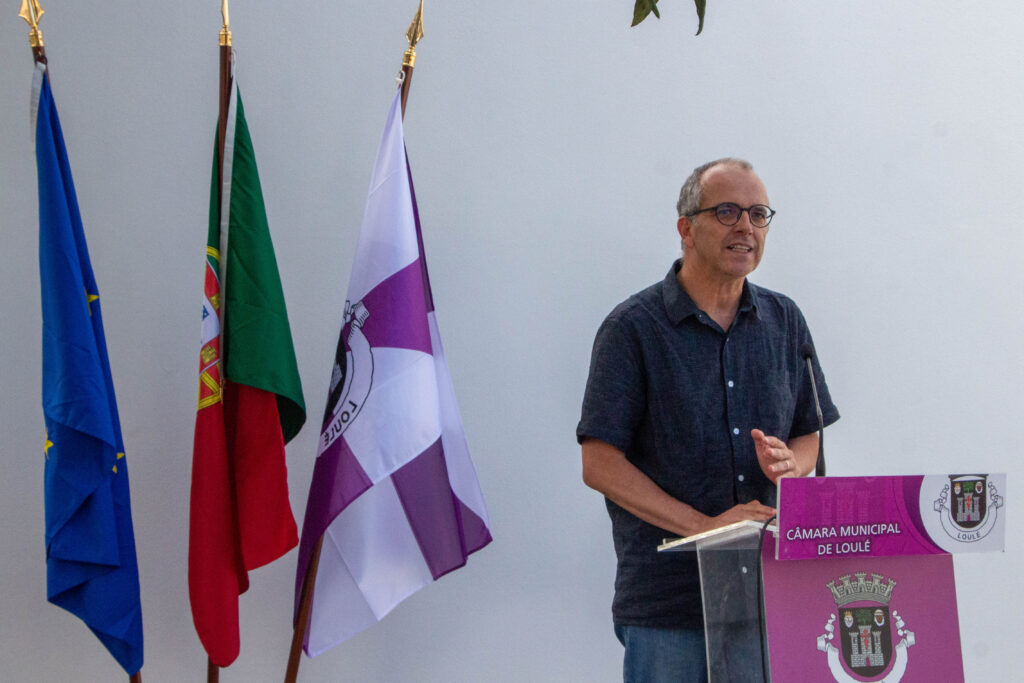
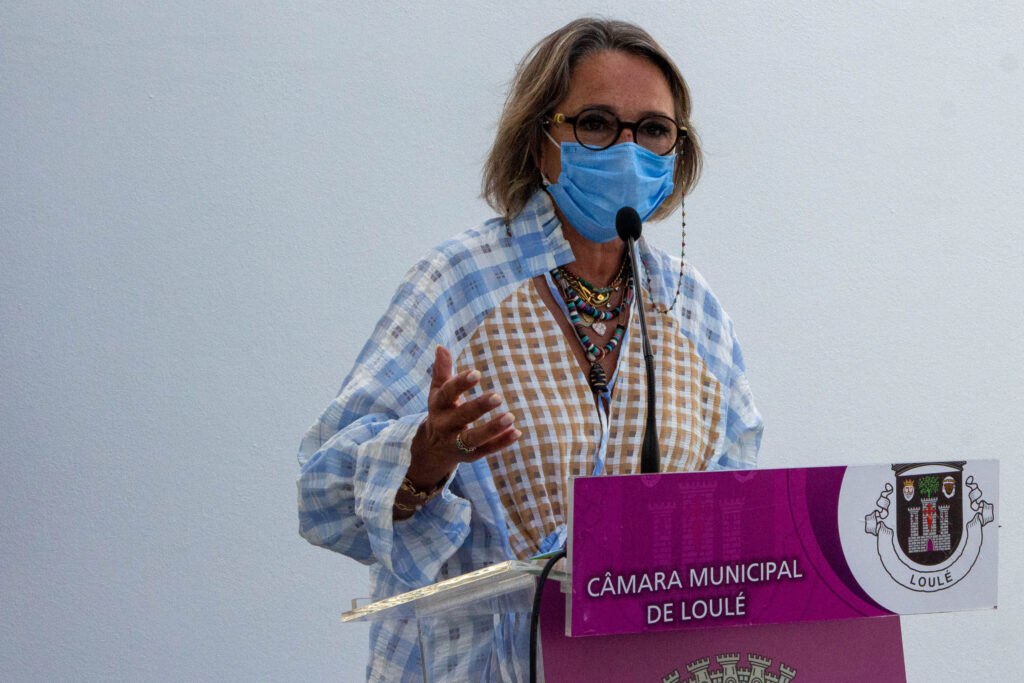
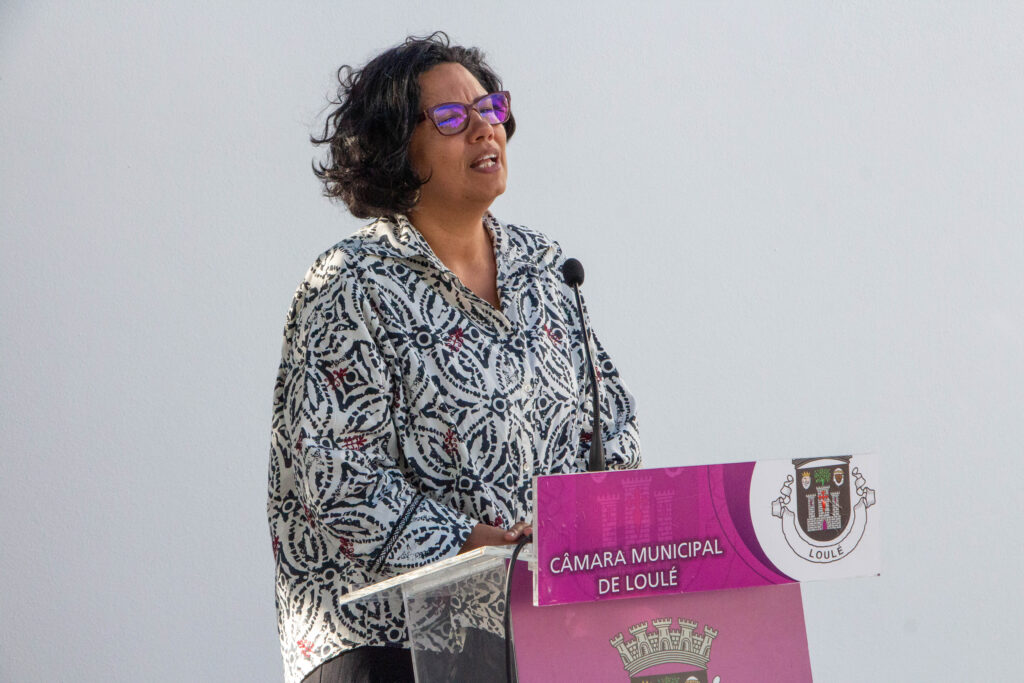
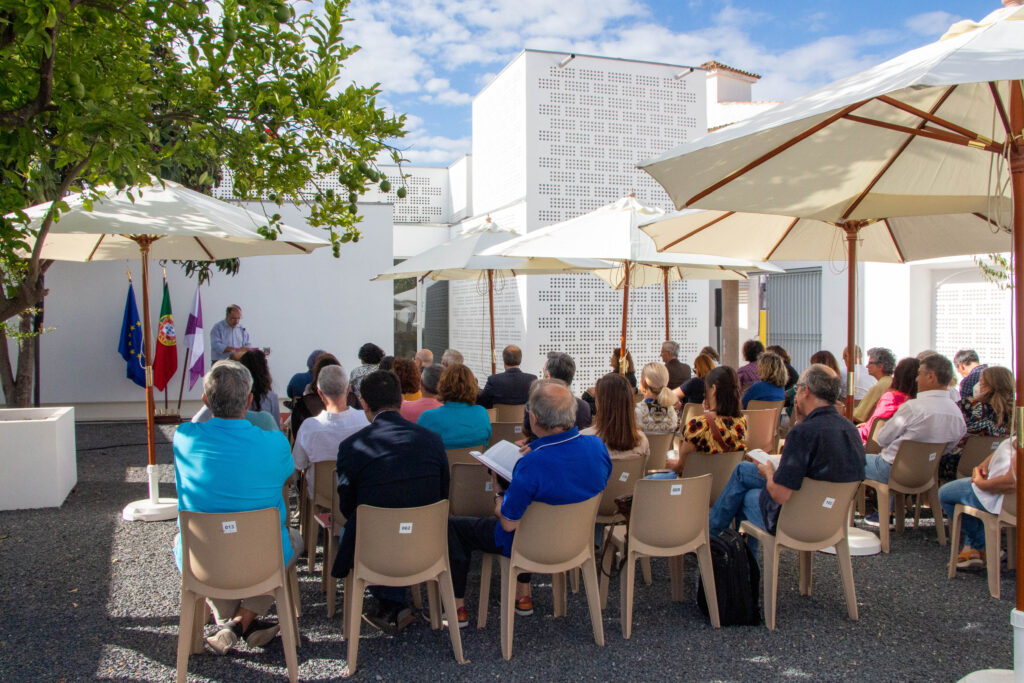
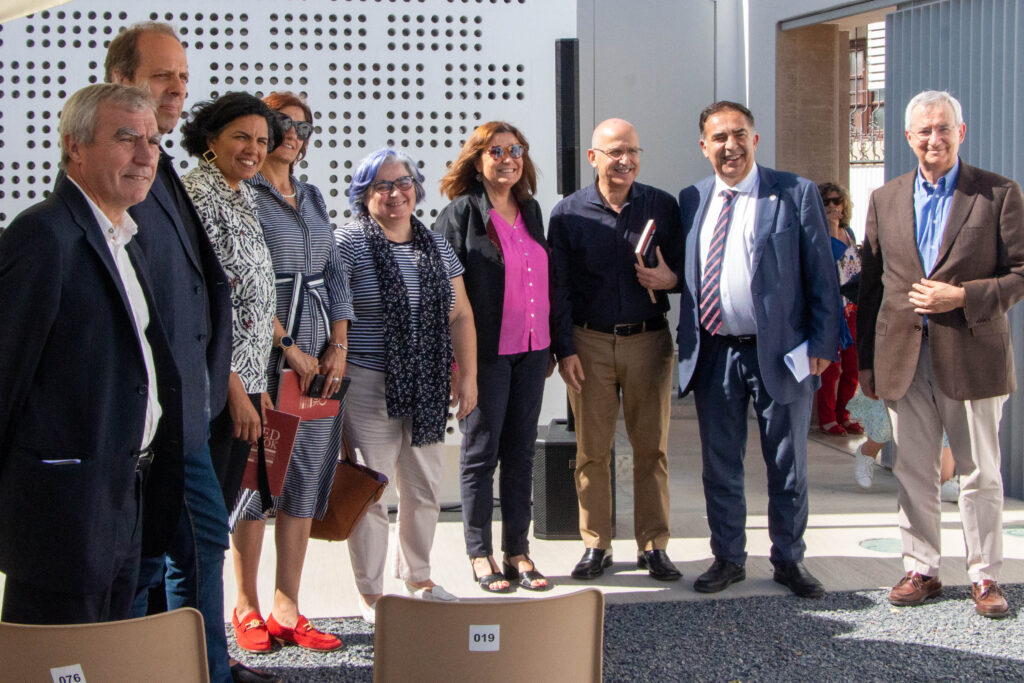



















Comments